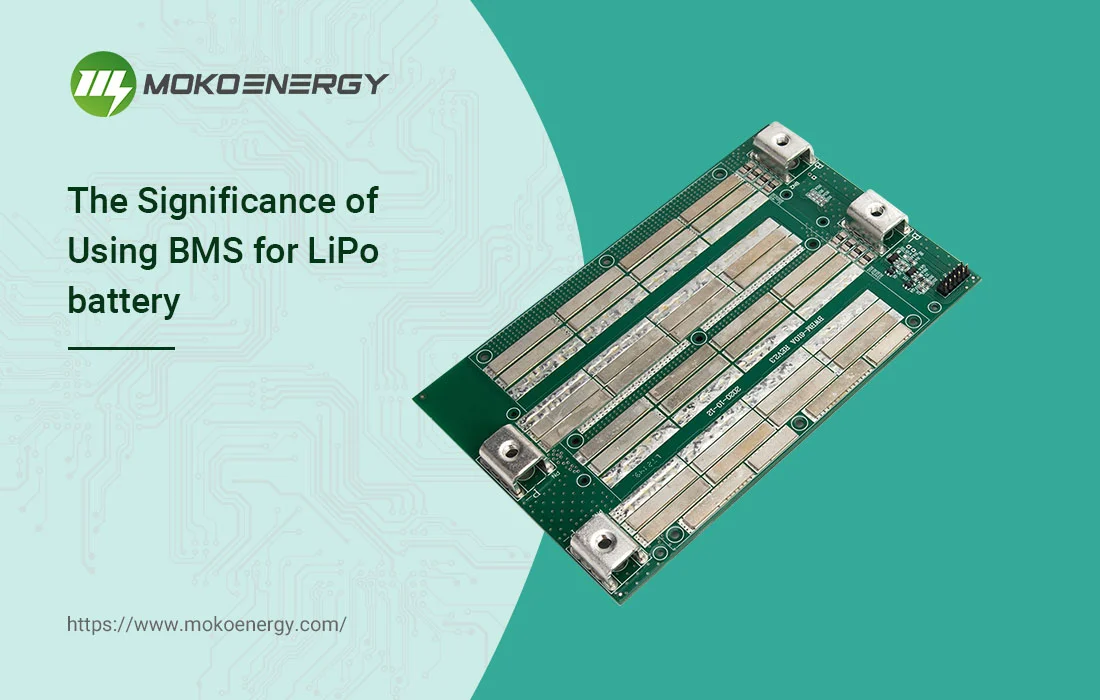Yes. The battery charging voltage will be limited by BMS to some extent, although this may not be the optimal approach.
- The battery management system is a safety system, but it should not be relied on to be used as the primary regulating device. It can stop charging when it reaches its maximum voltage. If the voltage cap of the charger is set high, this may cause voltage fluctuations in the rest of the system, and this is not the best way to limit the battery voltage.
- I recommend that you charge each cell to 3.45V for 1 to 2 hours to give the BMS a chance to balance the voltage differences between the cells. If the charging time exceeds this range, the voltage of some battery cells can rise above 3.65V, causing the BMS to cut off the battery to prevent overcharging.
- Alternatively, you can buy a charge controller designed for lithium iron phosphate (LiFePO4) batteries, which ensures safe charging and reduces the risk of expensive batteries and devices.
MORE: Can the BMS slave board conduct separate current and voltage sampling for each cell?




